At least 600 plantation companies have illegal operations in Indonesian forests, including in national parks, wetlands, and U.N. world heritage sites, Greenpeace said in a new report released Thursday.
Palm-oil plantations occupy 3.12 million hectares of Indonesia’s so-called forest estate, encompassing more than 300,000 hectares of land previously mapped out as habitats for orangutan and Sumatran tigers, according to the report by Greenpeace. The international environmental activist group, in producing the report, worked with a group of scientists to analyze data from 2019.
Indonesia’s “national forest estate” is the term the government uses to designate areas where agricultural plantations are prohibited.
“More than 600 companies have a plantation covering more than 10 hectares each in forest areas. Of the total 3.1 million hectares, 1.56 million belong to independent smallholders, and 1.5 million hectares belong to corporations,” Arie Rompas, Greenpeace’s chief campaigner in Indonesia, said during a press conference on Thursday.
According to Greenpeace, illegal palm-oil plantations occupy protected forestland including national parks, wetlands identified for conservation under the 1971 Ramsar Convention, and UNESCO World Heritage sites. These areas represent some of the highest levels of biodiversity that are critical in trying to tackle climate change, the environmentalist group said.
Full story: BenarNews
Ronna Nirmala
Jakarta
Copyright ©2021, BenarNews. Used with the permission of BenarNews.







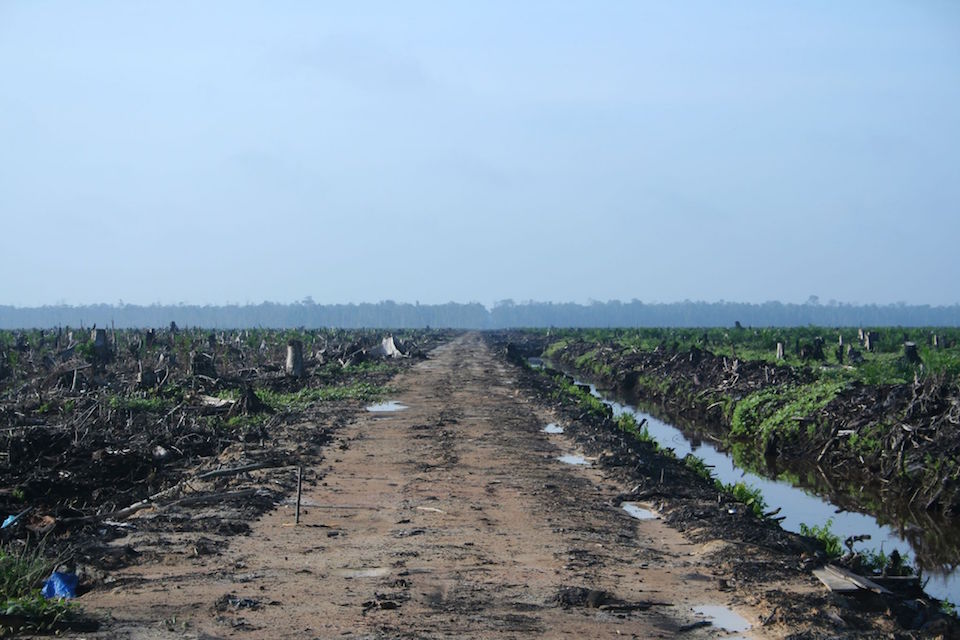




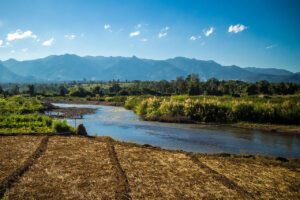
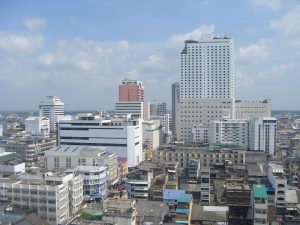


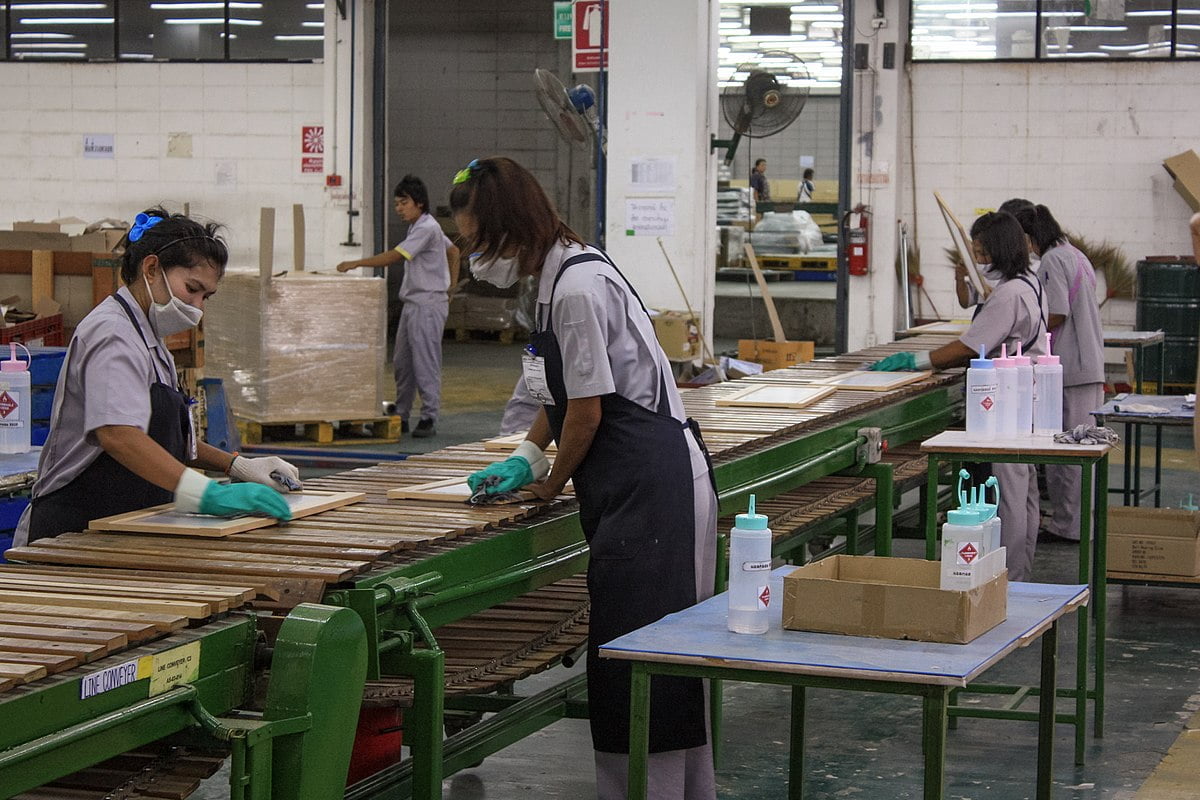
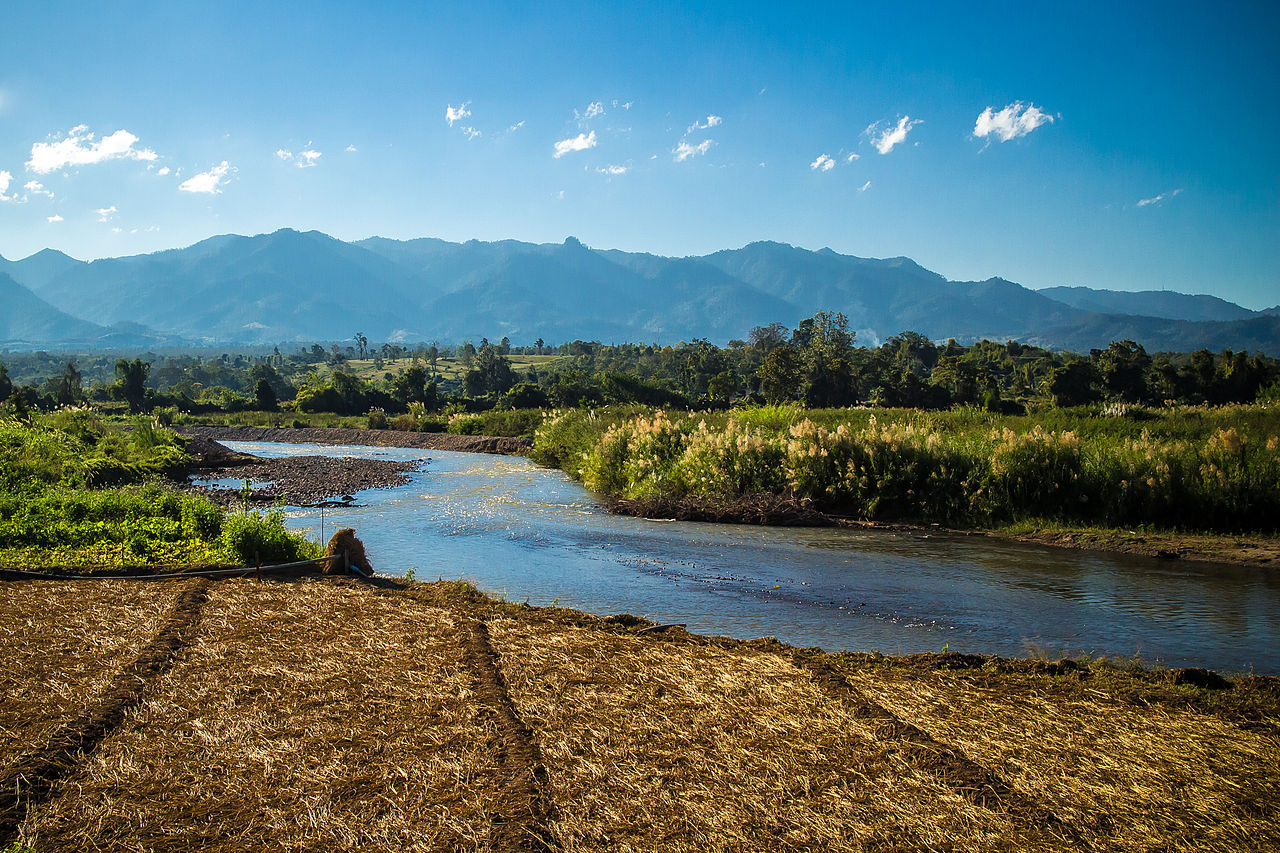
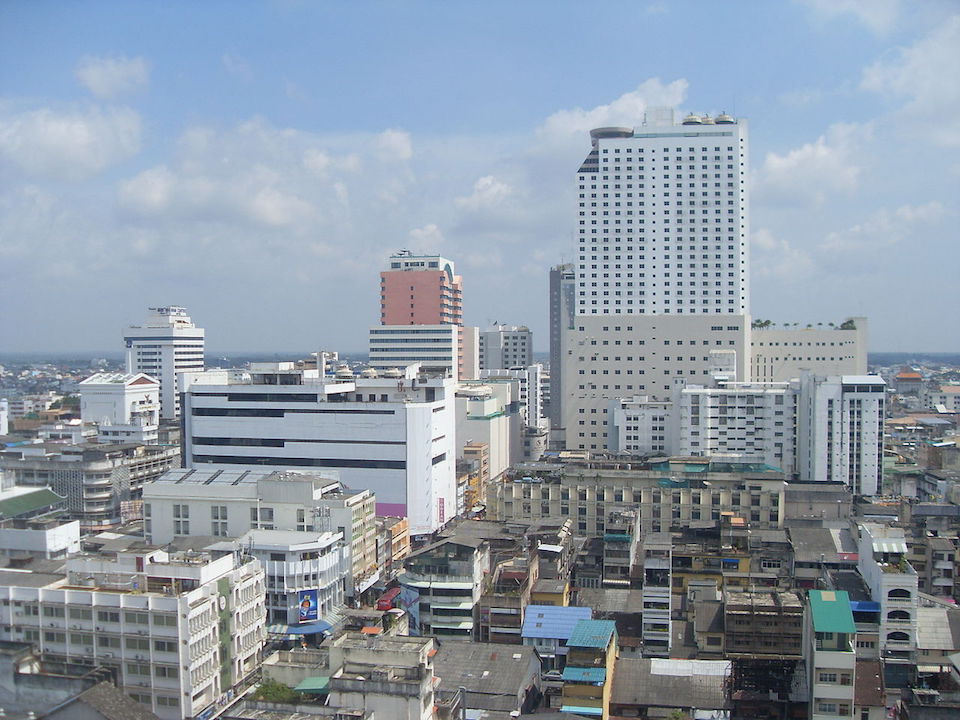



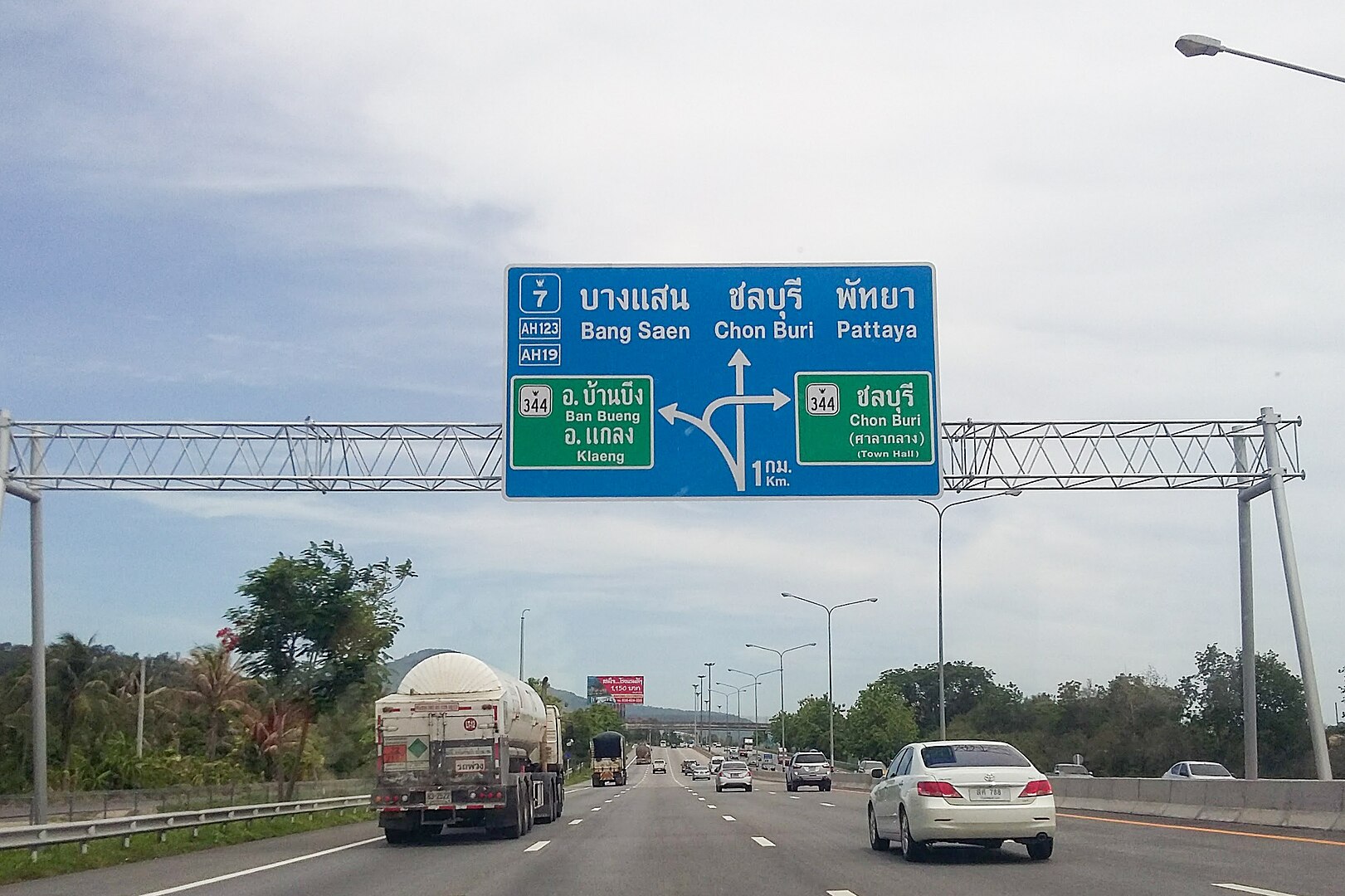
+ There are no comments
Add yours